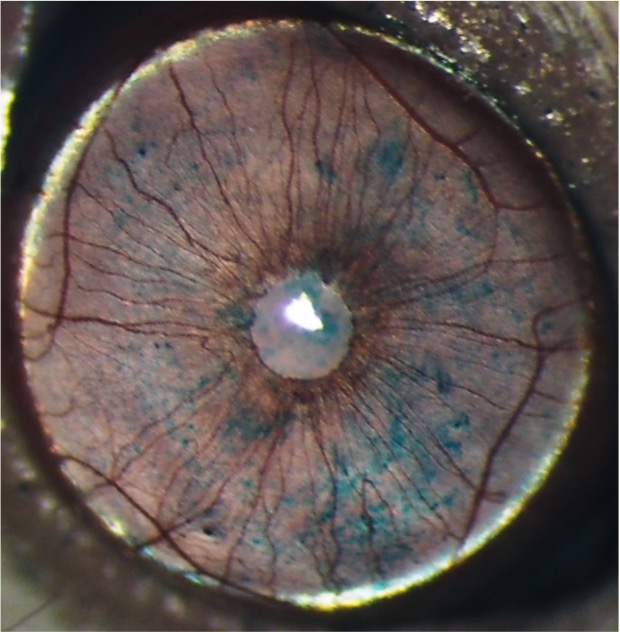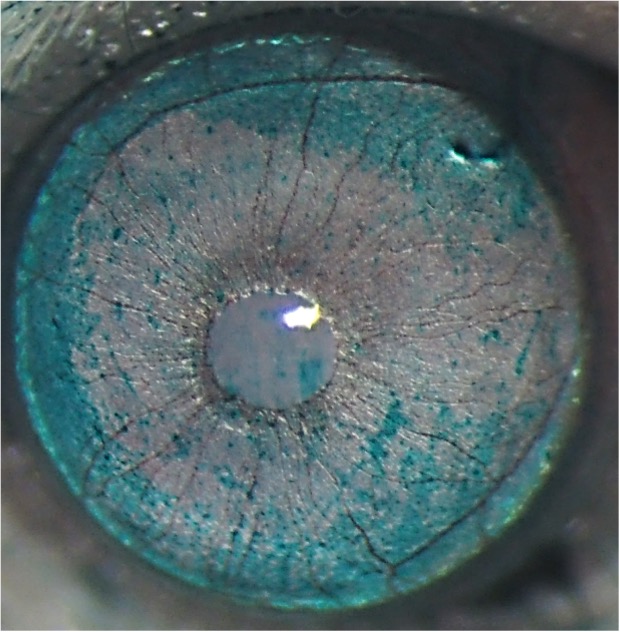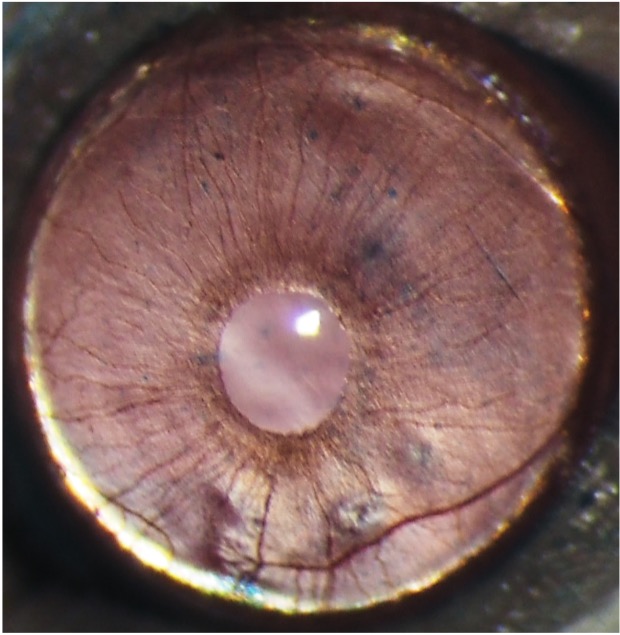The University of Manchester, Seoul National University College of Medicine and Link Biologics Limited today announced that promising preclinical data on the treatment of Dry Eye Disease using a novel protein biological drug, Link_TSG6, have been published in the peer-reviewed journal, Ocular Surface.
Dry Eye Disease (DED) is the most common ocular surface disorder, affecting approximately 350 million people worldwide and causing persistent eye irritation, blurred vision, pain and decreased quality of life. DED is characterised by a loss of homeostasis of the eye’s tear film and a vicious cycle of corneal epithelial damage and inflammation.
The newly-published study evaluated Link_TSG6 in two validated mouse models of DED: an autoimmune model where NOD.B10.H2 mice spontaneously develop dry eye disease, and the desiccating stress model that mimics DED caused by environmental factors. Results from the study showed that topically administered Link_TSG6 (e.g., twice a day for 7 days) dose-dependently reduced corneal epithelial defects and suppressed inflammatory markers while increasing tear production and conjunctival goblet cell density. At the highest Link_TSG6 dose, no corneal lesions remained in approximately 50% of treated eyes. In addition, Link_TSG6 was significantly more effective than Restasisâ, the market leading treatment, at reducing corneal epithelial erosions and reducing inflammation.
- Restasis treated eye
- PBS treated eye
- Link_TSG6 (1mcg) treated eye
“There is a desperate need for treatments that rapidly and significantly improve the signs and symptoms of Dry Eye Disease,” said Dr Joo Youn Oh from Seoul National University College of Medicine, a corresponding author of the paper. “The present findings support the viability of Link_TSG6 as a promising drug candidate that both suppresses inflammation and promotes repair of the cornea – critical steps in overcoming the pathophysiology of Dry Eye Disease.”
The study showed that Link_TSG6 suppresses the levels of inflammatory cytokines on the ocular surface and inhibits the infiltration of Th1 and Th17 immune cells into the lacrimal glands and lymph nodes, indicative of the protein’s multiple anti-inflammatory effects.
Professor Tony Day, a co-corresponding author, from the Wellcome Centre for Cell-Matrix Research, University of Manchester, said: “Link_TSG6 is a biological drug that harnesses the protective effects of TSG-6, a protein that is made in our bodies in response to inflammation and injury. It is extremely rewarding to obtain such compelling preclinical data with our novel treatment approach for Dry Eye Disease. We hope to further progress this work by advancing Link_TSG6 towards human clinical trials. It is our ambition to see Link_TSG6 approved and available to patients with DED.”
Caroline Milner, a Founder of Link Biologics, said: “The publishing of this research is a major accomplishment in our journey towards finding an effective treatment for Dry Eye Disease, which could improve the lives of millions around the world. The team is working diligently to build on these findings and secure additional funding to reach our next milestone.”
The full paper “The Link module of human TSG-6 (Link_TSG6) promotes wound healing, suppresses inflammation and improves glandular function in mouse models of Dry Eye Disease” can be accessed online at: https://www.sciencedirect.com/science/article/pii/S1542012421001506?via%3Dihub

About Link Biologics
Link Biologics is a biopharmaceutical company newly spun-out from the University of Manchester, UK, with a mission to develop Link_TSG6 and transform outcomes in common inflammatory and degenerative disorders. Link_TSG6 is based on the human TSG-6 protein, which has an endogenous role to protect tissues from inflammatory damage. The company’s lead indication for Link_TSG6 is Dry Eye Disease (DED) with a second development programme being knee osteoarthritis (OA), a debilitating condition affecting ~365 million people where chronic pain and loss of joint function severely limit daily activities. In preclinical models Link_TSG6 has potent disease-modifying effects, with clinically applicable routes of delivery and dosing regimens.
Further information is available at www.linkbiologics.co.uk

About The University of Manchester
The University of Manchester, a member of the prestigious Russell Group, is one of the UK’s largest single-site university with more than 40,000 students – including more than 10,000 from overseas. It is consistently ranked among the world’s elite for graduate employability. The University is also one of the country’s major research institutions, rated fifth in the UK in terms of ‘research power’ (REF 2014). World-class research is carried out across a diverse range of fields including advanced materials, biological sciences, cancer, energy, global inequalities and industrial biotechnology.

About Seoul National University College of Medicine
Seoul National University College of Medicine (SNU Medicine) was established in 1899 as the first accredited medical school in Korea and is the most prestigious university in Korea. World rankings placed SNU Medicine first and second for Medicine within Asia in 2020 and 2021, respectively. The Nature Index 2020 ranked SNU Medicine first in life sciences research within Korea.






